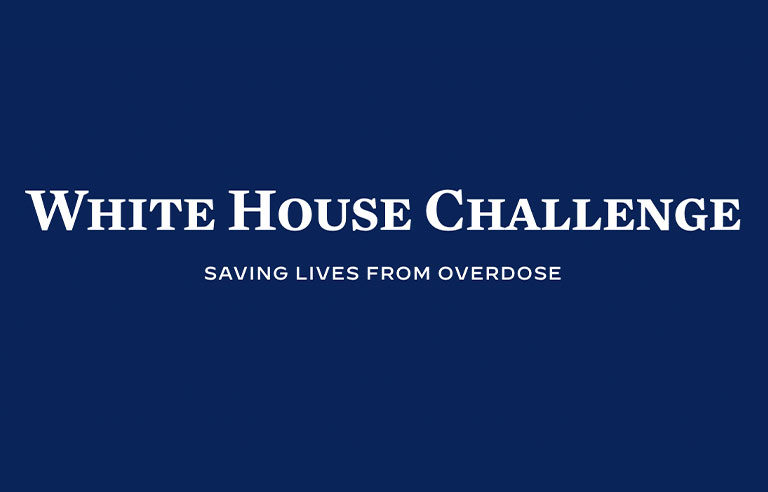NSC calls White House initiative a ‘meaningful step’ toward ending opioid epidemic

Washington — The White House is calling on stakeholders across all sectors to “commit to save lives” by increasing training on – and access to – lifesaving opioid overdose reversal medications.
Last year, the Food and Drug Administration approved two naloxone nasal sprays – Narcan and RiVive – for nonprescription over-the-counter use for emergency treatment of a known or suspected opioid overdose.
The White House Challenge to Save Lives from Overdose is a call to action for organizations and businesses nationwide to “help ensure all communities are ready to use this lifesaving tool to reduce opioid deaths.”
A White House press release continues: “As the drug supply has gotten more dangerous and lethal, we’re asking allies to join us because we all must do our part to keep communities safe.”
On-the-job drug overdose deaths have increased 619% since 2011, according to Injury Facts – a website maintained by the National Safety Council.
The challenge encourages all employers to train workers on naloxone use, keep it in first aid kits, and distribute it to employees and customers.
NSC, which launched its Respond Ready Workplace program in September to raise awareness of the need for naloxone in workplaces and ensure people are trained to use it, applauds the initiative.
“Workers who are trained can respond to an overdose not just at work, but at home, in their community and anywhere in between,” reads a statement from the council, which calls the challenge a “meaningful step toward bringing an end to the opioid epidemic and engaging the business community to help.”
Key focus areas of the Respond Ready Workplace program are advocacy and education, employee training, and naloxone distribution.
Post a comment to this article
Safety+Health welcomes comments that promote respectful dialogue. Please stay on topic. Comments that contain personal attacks, profanity or abusive language – or those aggressively promoting products or services – will be removed. We reserve the right to determine which comments violate our comment policy. (Anonymous comments are welcome; merely skip the “name” field in the comment box. An email address is required but will not be included with your comment.)

